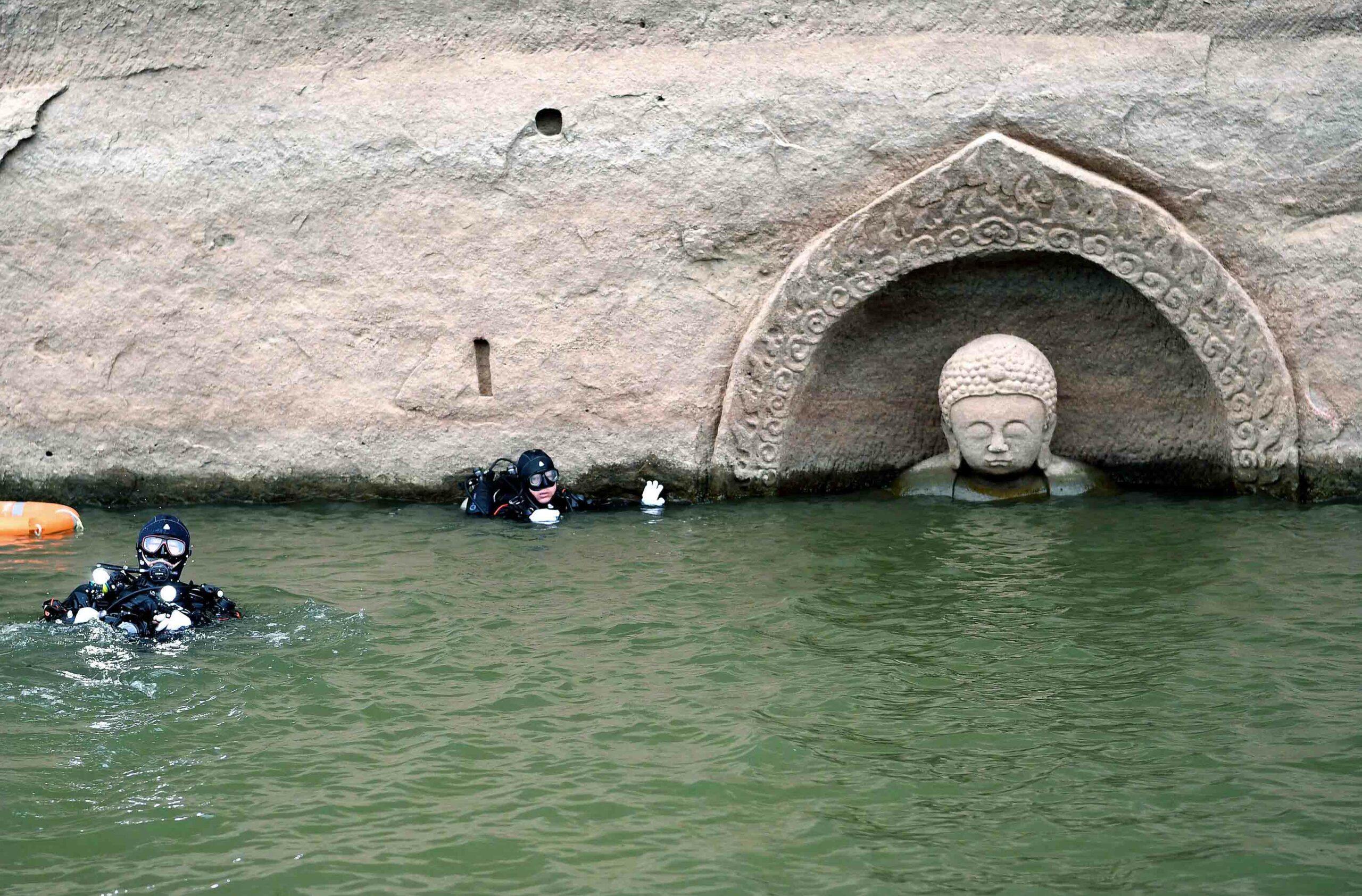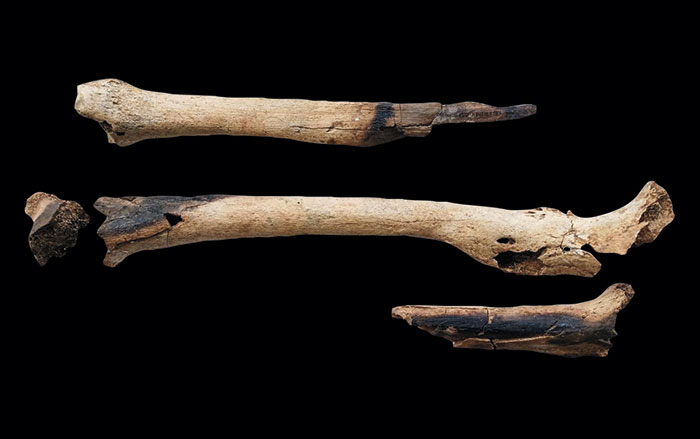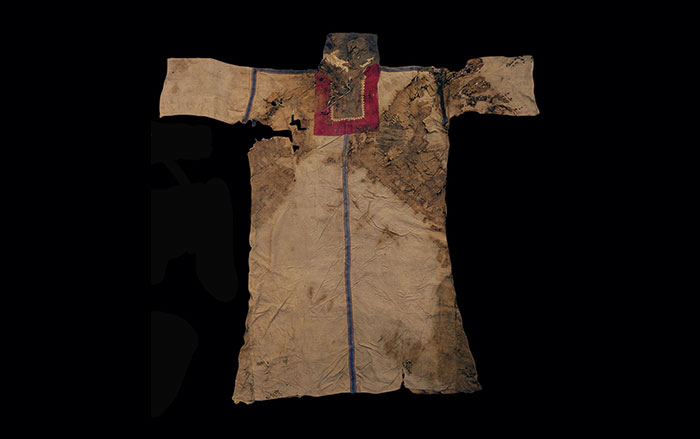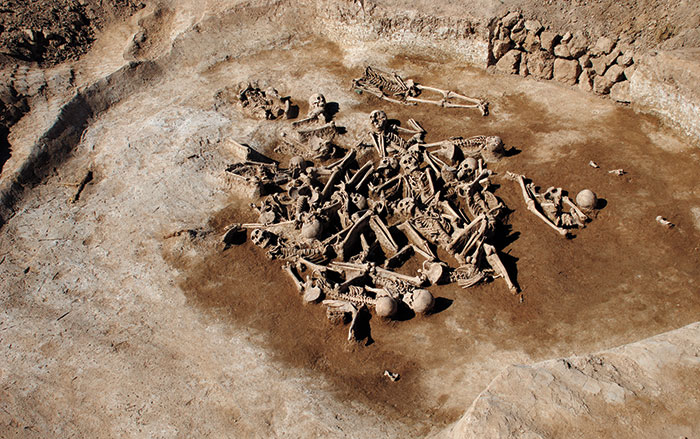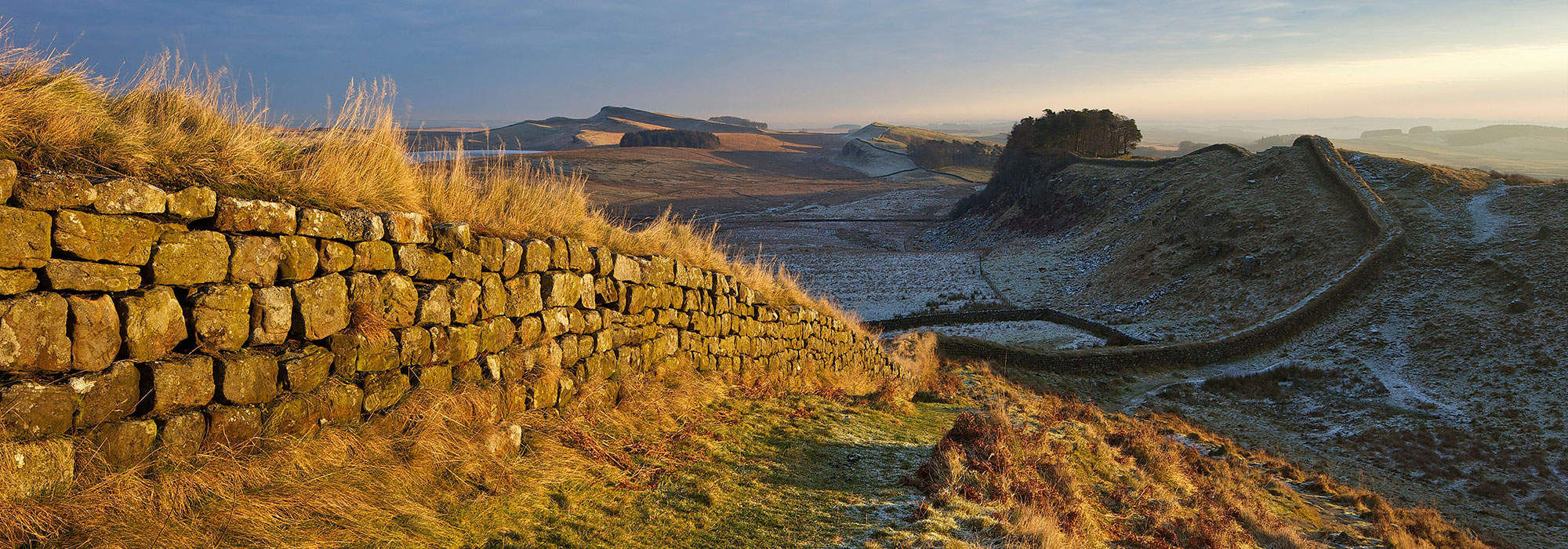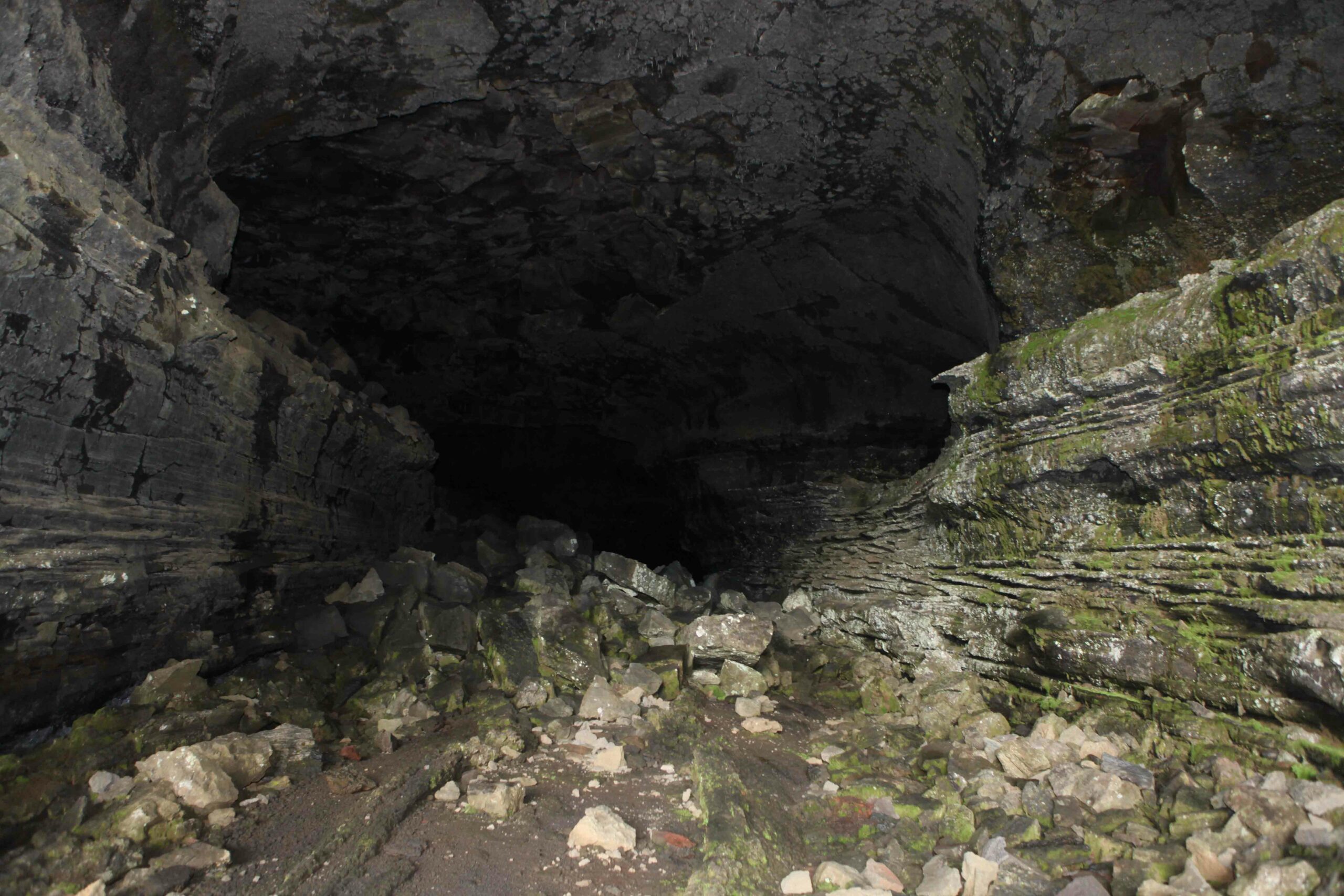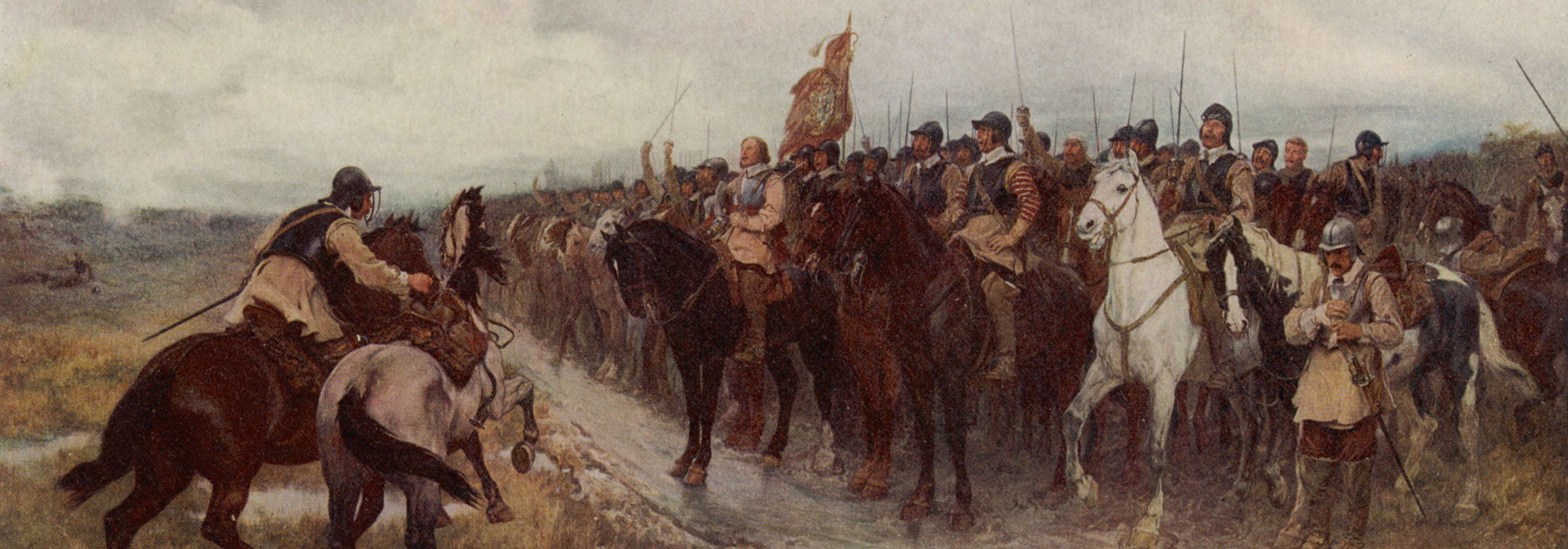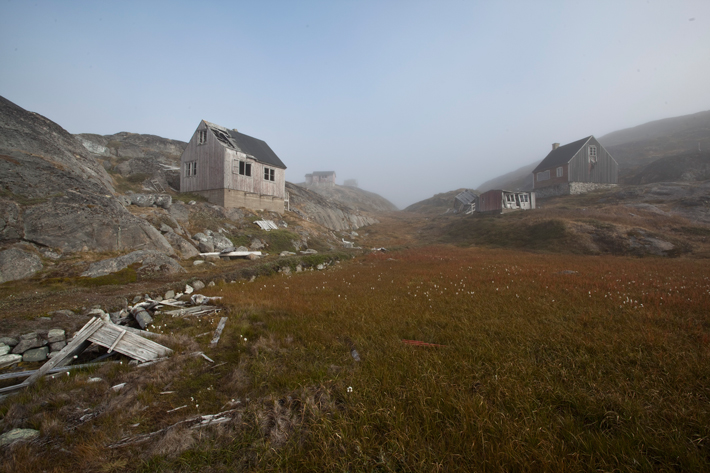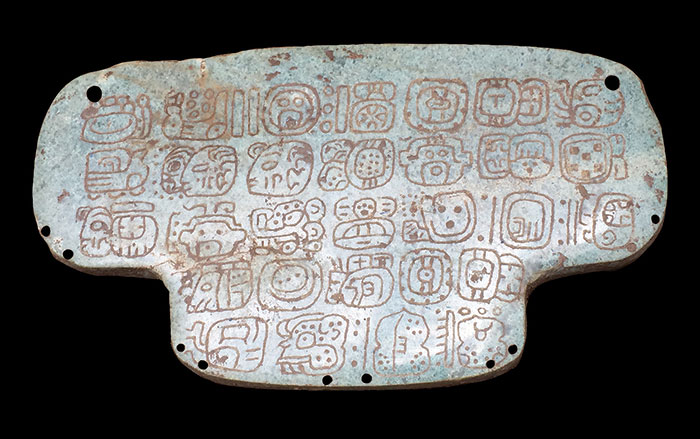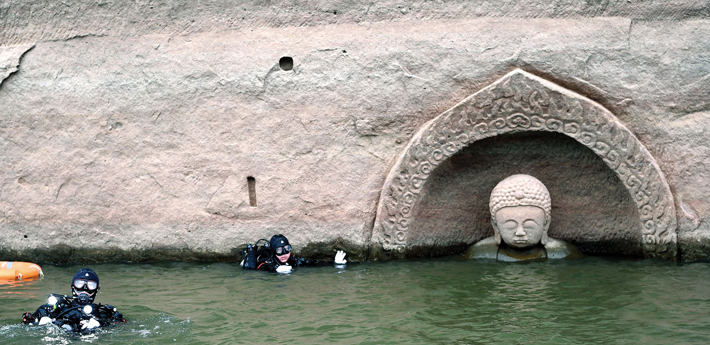
When a hydropower construction project lowered the water level of the Hongmen Reservoir in the southeastern Chinese city of Fuzhou, an unexpected visitor appeared—the head and shoulders of a 12-foot-tall Buddha statue carved into what had been a riverside cliff before the area was flooded by a dam in the 1950s. Underwater archaeologists found evidence of a temple below. According to locals, tricky currents made river navigation perilous, so the temple may have been where people prayed for safe passage. Researchers are documenting the Ming Dynasty (1368–1644) finds before they are submerged once again by spring rains.


